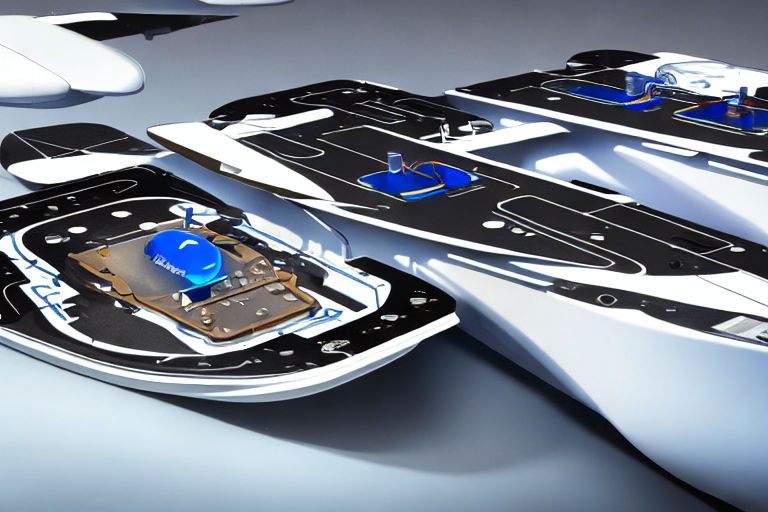Breakthroughs in Battery Technology: The Key to Unlocking Electric Propulsion's Potential
Electric propulsion has been on the rise in recent years as countries strive to reach their carbon-reduction targets. Electric vehicles (EVs) have the potential to revolutionize transportation by eliminating tailpipe emissions and reducing our dependence on fossil fuels. However, the widespread adoption of EVs has been limited by the lack of breakthroughs in battery technology.
The Current State of Battery Technology
Electric vehicles rely on lithium-ion batteries to store and deliver power. While these batteries have improved over the years, they have not yet reached their full potential. The biggest challenge is the limited energy density of these batteries, which determines how far a vehicle can travel on a single charge.
Current lithium-ion batteries have an energy density of 100-300 watt-hours per kilogram (Wh/kg). This means that a typical EV can travel only 200-300 miles on a single charge. In addition, these batteries take several hours to charge, which makes long-distance travel inconvenient.
Potential Breakthroughs in Battery Technology
The good news is that researchers and scientists are working on a number of breakthroughs that could revolutionize battery technology and make EVs more practical for everyday use. Some of these breakthroughs include:
- Solid-State Batteries: Solid-state batteries use solid electrolytes instead of the liquid electrolytes used in traditional lithium-ion batteries. This technology offers higher energy density, faster charging times, and better safety.
- Metal-Air Batteries: Metal-air batteries use metal as the anode and oxygen as the cathode. This technology has the potential to offer very high-energy density and could allow EVs to travel up to 1,000 miles on a single charge. However, this technology is still in development and faces challenges such as low efficiency and short lifespan.
- Lithium-Sulfur Batteries: Lithium-sulfur batteries use sulfur as the cathode instead of the traditional lithium cobalt oxide. This technology offers higher energy density and could allow EVs to travel up to 500 miles on a single charge. However, these batteries face challenges such as low lifespan and poor performance at low temperatures.
The Future of Battery Technology
While these breakthroughs are promising, it will likely be several years before they are fully developed and available for mass production. In the meantime, battery technology will continue to improve, albeit at a slower pace.
In the short term, we can expect to see improvements in lithium-ion battery technology such as higher energy density, faster charging times, and longer lifespan. These improvements will make EVs more practical for everyday use and could help to increase their adoption.
Overall, breakthroughs in battery technology have the potential to revolutionize electric propulsion and make EVs practical for everyday use. As researchers and scientists continue to push the boundaries of what is possible, we can expect to see further improvements and breakthroughs in battery technology in the years to come.



